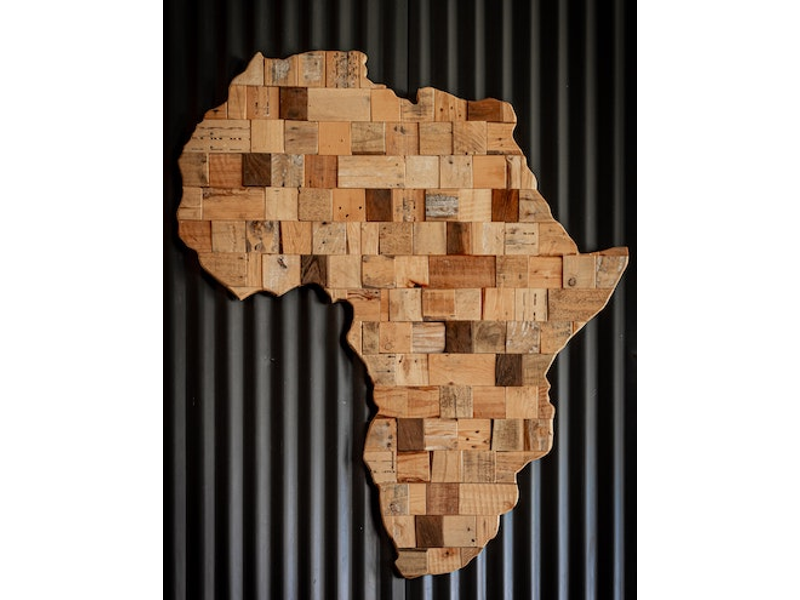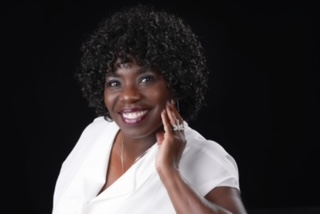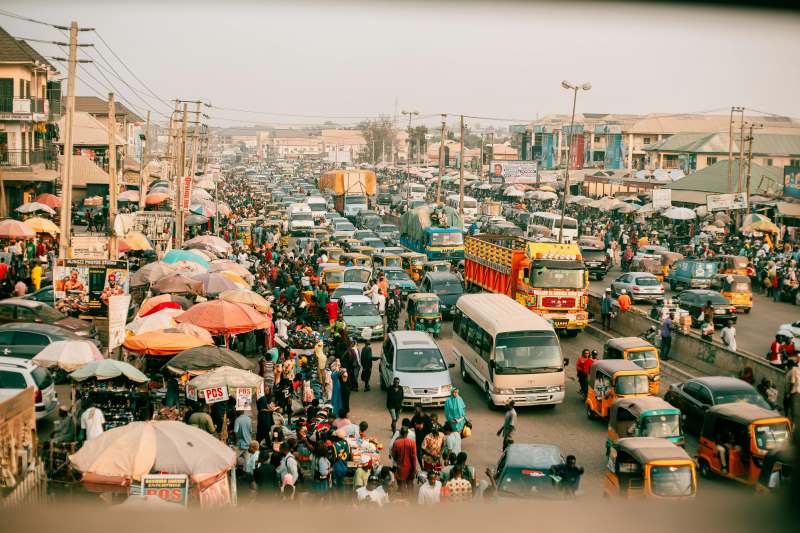The shocking reality of COVID-19 has left the world in awe, with its invisible grip wrapped tightly around countries like Italy, the United States, Spain, the UK and Asia. Meanwhile, many African countries have taken dire precautions due to its history of endemics, and seek to prevent large scale infections, as many of its nations are overpopulated and under-resourced.
As of May 3rd, there have been 45,380 cases, 15,137 recoveries and 1,802 deaths on the continent, as reported by the Africa Centres for Disease and Control Prevention (Africa CDC). According to John Hopkins University, South Africa has had 6,783 cases, with Egypt at 6,465 cases, Morocco having 4,903 cases, Cameroon at 2,077 cases and Ghana tallying 2,169 cases.
Egypt was the first African country to report a case of the coronavirus. Lesotho and Comoros are the two African countries to have no reported cases. In an interview with Al Jazeera, provost of the University of Africa, AbdulSalami Nasidi, says cases of the novel coronavirus in Africa initially occurred as a result of incoming travelers returning from countries such as Italy, the UK, Asia and the US.
After experiencing the Ebola breakout, in 2016, the continent teamed up with the African branch of the World Health Organization (WHO) to create the African Centres for Disease and Control Prevention (Africa CDC). This organization has acted quickly to put measures in place that prevent the spread, including the launch of the Partnership to Accelerate COVID-19 Testing (PACT): Trace, Test & Track (CDC-T3), an initiative that provides the continent with medical supplies, testing, the deployment of one million healthcare workers and research facilities to search for a vaccine.
ECOWAS, or the Economic Community of West African States, comprises 15 West African countries, and has a combined population of more than 376 million people. The regional health response institution for ECOWAS, the West African Health Organisation (WAHO), provided the countries with 30,500 diagnostic test kits, 10,000 Personal Protective Equipment (PPE), including coveralls, gowns, aprons, gloves, boots and goggles, and 740,000 prescription tablets. In addition, they ordered 240,000 diagnostic kits, 240,000 diagnostic kits, 240,000 extraction kits, 25,000 viral sample transport equipment, 285,100 PPE, 268,100 masks for medical personnel, 120 ventilators and 7,000 liters of alcohol gel and disinfectant.
Still, with a population of over 1.2 billion people, many parts of the continent lack adequate medical equipment and proper healthcare systems. According to the New York Times, there are less than 5,000 intensive care beds in 43 of the 55 African countries. Sudan, with a population of 11 million people, has 4 ventilators. Burkina Faso is equipped with just 11 ventilators in a population of more than 20 million people. The Central African Republic has 3 ventilators in a population of 5 million people, and Liberia has 6 ventilators, with one of them located at the United States Embassy. (Disclaimer, some of these figures may have changed since researched)
To add salt to the wound, countries are now at the mercy of vendors, whose capitalist ideologies may override their humanity. The minister of information for Liberia, Eugene Nagbe, says that when he first ordered additional ventilators, the cost was $15,000 USD per ventilator, and later the vendor increased the price to $24,000 USD per ventilator.
David Heymann, a professor at the London School of Hygiene and Tropical Medicine, believes Africa can contain the coronavirus within its communities, if medical officials speak to the community leaders, and have the community leaders educate their constituents on the gravity of the situation in a manner that suits them best. He also believes that because Africa is the youngest continent in the world, and seniors who have contracted the virus are dying at a lower rate than other parts of the world, the coronavirus might not have such a huge impact as compared to other continents.
The open markets in many African societies and physically close communities make social distancing difficult. In 2018, the International Labor Organization estimated that 85.8 percent of the African population worked in the informal sector. For this majority, without the means to go out and make money, their livelihoods are compromised. Also, lack of basic resources like stable water and electricity prevent many communities from being able to wash hands frequently, or store food.
Experts at Al Jazeera predict that lockdowns in Africa will compromise 10% of the continent’s GDP. It seems they are not alone in this vision. On April 20th, Ghana’s president Nana Akuffo Addo lifted a three-week quarantine in Accra and Kumasi, the country’s major cities, because he says the state of the coronavirus in the country is improving with testing, and that the quarantine critically affects impoverished communities. Other countries like Malawi, South Africa, Nigeria, Angola and Namibia remain on lockdown or have curfew. Like Morocco, Rwanda and the Democratic Republic of Congo, Ghana has made wearing masks mandatory for citizens.
Since Donald Trump cut America’s funding partnership with WHO, based on claims that they have promoted ‘disinformation about China’, it will be difficult for the organization to provide its target amount of aid to Africa. The administration gave over $400 Million USD to the Geneva based organization in 2019, and was one of their biggest donors. Matshidiso Moeti, the director for WHO’s Africa region, estimates that the organization would need $300 Million USD to properly aid African governments in controlling the pandemic. This highlights the vulnerability that comes with relying on donor support for survival.
The coronavirus, atop of other deadly infections like malaria, typhoid fever, polio and cholera, presents yet another heavy burden for Africa to carry. However, Africa is a testament to the parable ‘prevention is better than a cure’. As we look to the future with a sliver of hope, it is evident that in Africa, with this pandemic, we can’t afford to lose, or rely on external factors for relief. It will take a special form of innovation, prioritization and teamwork to optimize recovery time for the continent and minimize losses.
Who knows, maybe Africa will have to walk on hygienic eggshells until the pandemic ends. One thing is for sure—in Africa, and other continents around the world, improved hygiene practices will be a beneficial investment for everyone, but we must make resources accessible for communities to do so. It’s certainly a battle worth fighting for.





